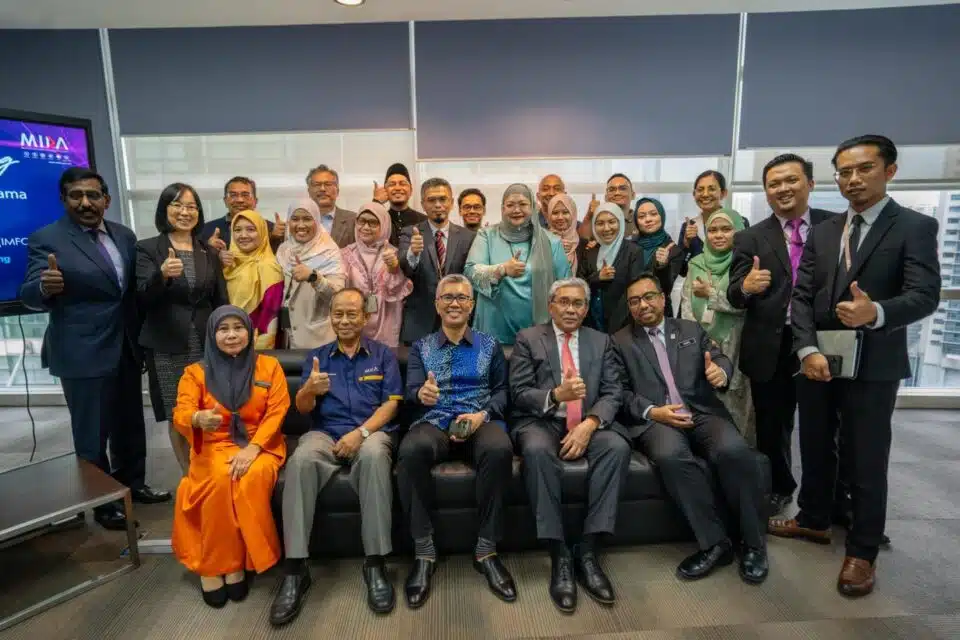Sarawak recorded RM16.69bil worth of investments in the first three quarters of this year despite the sluggish global economy, says Datuk Amar Awang Tengah Ali Hasan.
The Deputy Premier said the manufacturing sector was the largest contributor with 68% of total investments followed by the primary sector (19%) and services (13%).
“These investments are expected to create more than 4,500 employment opportunities,” he said when winding up matters related to the International Trade, Industry and Investment Ministry at the Sarawak Legislative Assembly on Wednesday (Nov 29).
Awang Tengah said the manufacturing sector attracted RM11.37bil worth of investments for 73 projects, mainly in non-metallic mineral products, basic metal products and electrical and electronic products.
He said newly-approved manufacturing investments included RM6.3bil for graphite, RM769mil for chemicals and chemical products and RM62mil for steel pipes.
“As the investment climate remains favourable, domestic and foreign investors continue to place confidence in Sarawak,” he said.
Awang Tengah also said the state had received new investment proposals from foreign and domestic investors.
Among them were RM5bil for components for electric vehicle batteries, RM2.59bil for green metal and RM1.5bil for medical gloves.
In addition, he said Sarawak was promoting the digital and green economy, leveraging on its renewable energy and decarbonisation solutions such as carbon trading and climate mitigation technology.
“We aspire to be a regional leader in innovation and technology-based economy,” he said.
Source: The Star
Sarawak records over RM16bil in first three quarters of 2023, says Deputy Premier
Content Type:
Duration:



